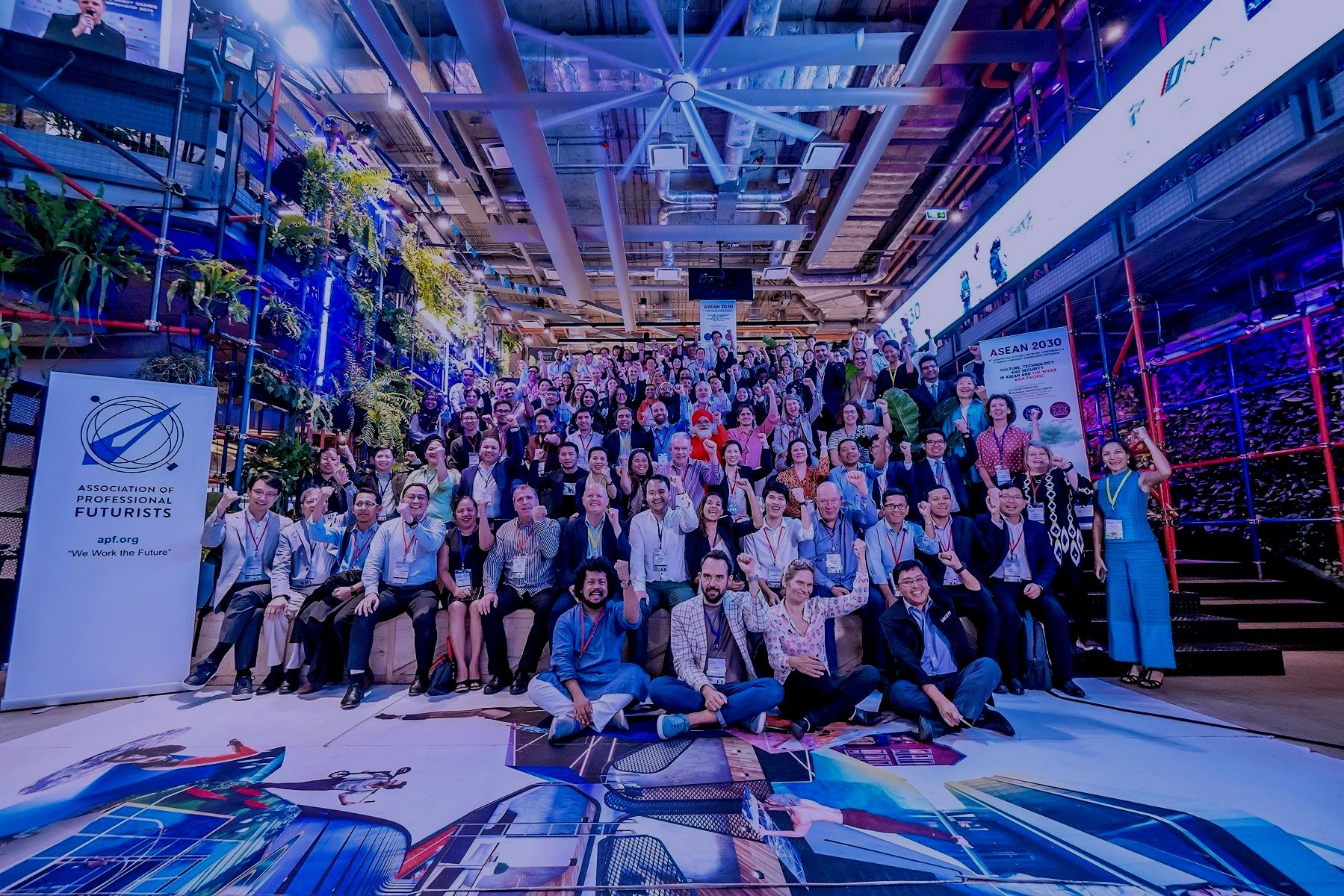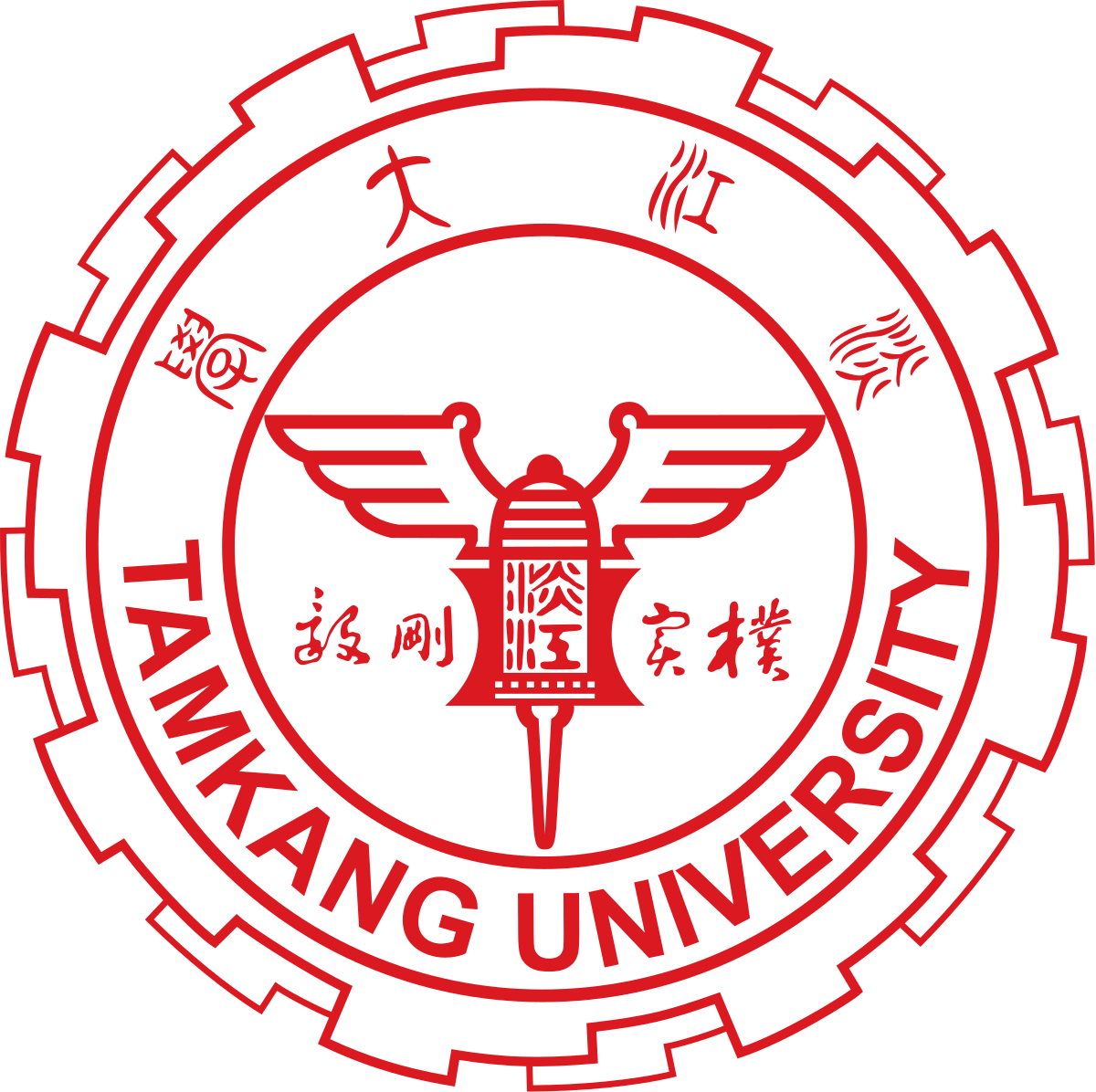
Welcome to the Asia Pacific Futures Network
Hosted in Taipei for the third time, the 11th APFN conference intends to take a four-track approach catering for practitioners, academic researchers, government and corporate leaders simultaneously. The organizers of the conference intend also to increase the profile of the work futurists are doing especially in Asia and the Pacific.
Along with alternative futures, case studies of foresight in practice from government, the private sector, and the community arena will be highlighted.
Last but not least, the APFN is a peer-to-peer learning conference with extended space for networking and through interaction, genuine knowledge sharing. Moreover, we wish to enhance the futures literacy of newcomers to the field to allow them to make more informed policy and strategic decisions today for the future of tomorrow.
Objectives
Imagine the futures of Asia and the Pacific; explores disruptions, and create alternative futures
Share methods, tools and innovations for futures thinking and strategic foresight
Support the advancement of methods, practices and complementary approaches to the changing needs of policymakers
Demonstrate how foresight has influenced policy processes and decisions
Promote cooperation and networking among participants as well as share experiences between members of different organizations and backgrounds
Stimulate the uptake of these approaches and exchange between practitioners and policymakers and ultimately to increase the profile of futures thinking and foresight in the Asia-Pacific.
Conference Fee
Like every year we will ask for a modest donation to support young and emerging futurists and some of the catering costs. It will be even less than in previous years thanks to our supporting partners and sponsors.
Conference contribution: USD 100
For students: USD 50

What is APFN?
Planting a forest of foresight
Asia Pacific Futures Network is a community of futures practitioners and learners around the world who are committed to planting a forest of foresight around the world.
Our Steering Group
The team is comprised of a working committee and a visionary board. To meet them, and to find out how you may join, click the button below.
APFN Conferences
APFN has hosted annual conferences across Asia since 2015. To learn more about our previous conferences, click the link below.
What’s next?
The next APFN Conference is in the making. It will take place from September 4-5, 2024 for APFN 10 in Bangkok, Thailand. We hope to see you there.

“Can Asian futures, if such a thing exists, address emerging challenges, raise new questions, and disrupt systems of knowledge and power as they currently exist?”
— Cruz, Sweeney, & Ghahfarokhi








